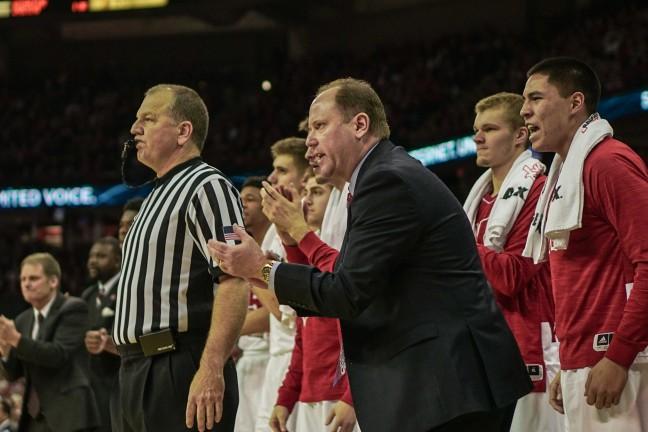The NCAA announced new guidelines Wednesday, in an effort to curb corruption in college basketball and restore accountability to an organization that has faced multiple corruption scandals.
This announcement comes months after the completion of former United States Secretary of State Condoleezza Rice’s commission into corruption and fraud in college basketball, which directed the NCAA to make considerable changes to its policies.
The new reforms allow high school athletes deemed “elite prospects” and college players to hire agents to guide them on their way through college and toward playing professionally, pending approval by the NBA and National Basketball Players Association. These agents will be certified by the NCAA and are subject to corollary if they violate NCAA standards.
There will also be additional official visits (paid for by the school) for high school recruits, beginning the summer prior to their junior year.
The rules preexisting these reforms dictated that student-athletes who were thinking about going pro, but had not exhausted their eligibility in college, could declare for the draft, but had to remove themselves from consideration no more than ten days after the NBA combine. Now, the NCAA will allow athletes to partake in the entire draft process and return to use up their remaining eligibility in the event they are not drafted.
The NCAA will also require Division I schools to pay for the tuition of athletes who left their schools and returned later for their degree.
There are also reforms aimed more directly at making the system more transparent.
Coaches and athletic staff will be required to report athletics-based income from sources other than their schools.
As an arrangement upon employment, school presidents and athletic staff will be required to be fully compliant with investigations.
Other reforms in this vein include a clause that will allow universities to work directly with the NCAA in the event the two sides agree directly on the facts of a case to reduce legal fees.
University presidents will now be personally accountable for their institution following the rules.
Lastly, the new reforms introduce independent commissions into these cases to prevent conflicts of interests.
These new guidelines seem to be cracking down on corruption (whether symbolically or truly, only time will tell), as well as restoring power into the hands of the athletes.
The one-and-done process for the professional basketball pipeline has been criticized for years, and as the NBA is expected to make changes in the next few years, these moves are indicative of the NCAA getting out ahead of the transition.


